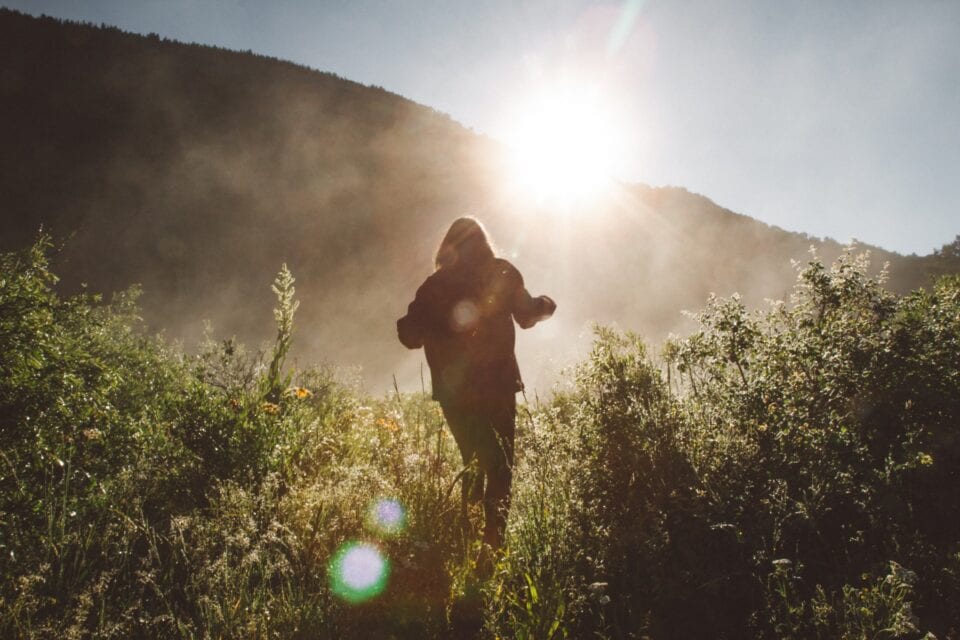“Walking is a man’s best medicine”, said Hippocrates around 400 BC. If you consider that doctors today sometimes prescribe their patients to go for a walk, you can say that good old Hippocrates was right. Unlike in those days, we barely have to walk anymore. You can take all kinds of transportation to get to where you want to go. Walking isn’t so much a necessity anymore. In fact, we now go walking for leisure and call it hiking. Why? Because we enjoy it and we know very well it’s good for us. Hippocrates wasn’t necessarily talking about hiking. But our friends at Bookatrekking.com only talk about hiking and trekking. They followed in the footsteps of Hippocrates and told us why hiking is so good for us.
Hiking is good for you. Even though it’s obvious that there are physical benefits to simply moving, there are in fact a few more. Some that may benefit you more than you would think. Got your hiking boots on? Let’s go.
Stronger Muscles
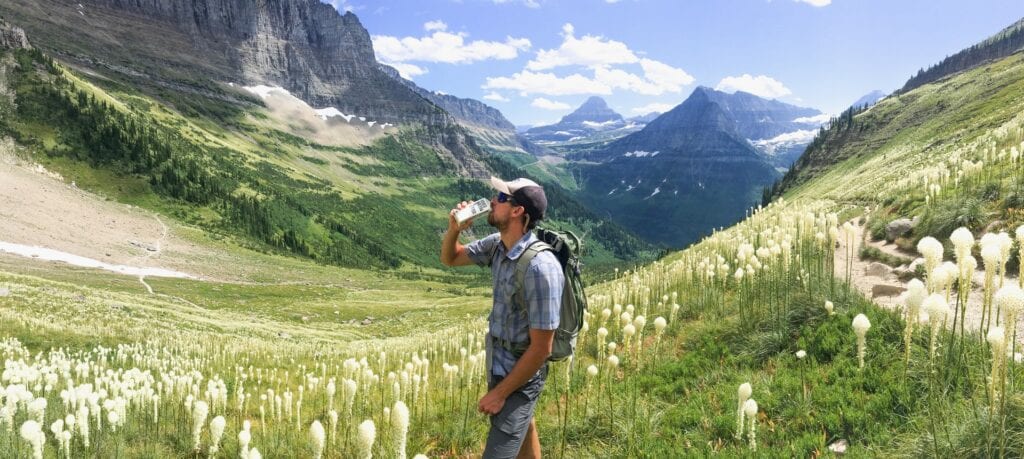
The physical effects of hiking are constantly being researched. So much so that three years ago, researchers from the British Norwich Medical School were able to review no less than 42 scientific hiking studies from 14 different countries. Regular hiking does wonder for your health, the studies concluded one by one. First and foremost for your muscles. With each step, your legs gain the necessary strength, which makes them stronger and stronger. The more weight, the more muscles are trained. In that light, a running holiday should actually be more efficient. However, according to the researchers, walking and hiking have one advantage that no other sport can match: it rarely causes injuries.
Stronger Bones
Bones are often seen as a kind of inanimate sticks on which our flesh, fat, and skin are rigged. Nonsense. Bones are very much alive. Like all our organs, they are composed of a collective of constantly renewing cells. As long as the relationship between newly created cells and old cells to be broken down is in balance, there is no problem. But as soon as the production of new cells can no longer keep up with the damage, our bones become more brittle. The bad news is that this is a consequence of old age from which no one escapes. The good news: hiking is a proven way to postpone the ravages of time or – with regular walking – to even increase the bone mass again.
Fewer Kilos
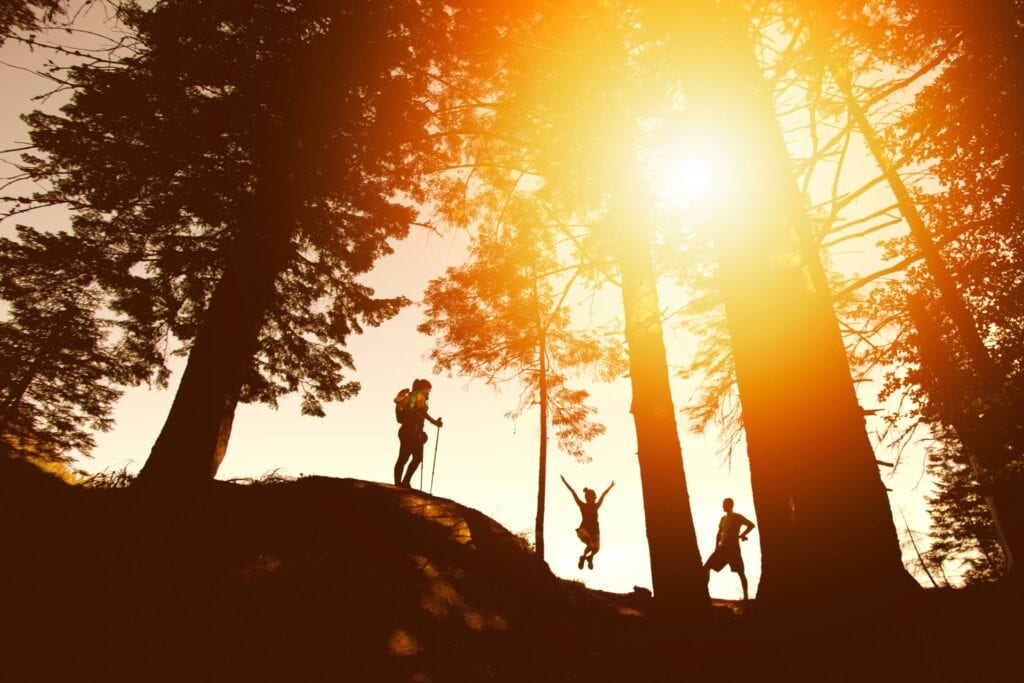
Walking is the textbook example of a low-intensive activity: activities that you can maintain for (very) long periods of time without having to run out of oxygen. The beauty of low-intensive activities is that – in proportion to the effort made – they stimulate your body to burn much more fat than, for example, firm boxing, sprinting, or Zumba session. During an hour of hiking, an average of 240 calories will go up in smoke, without even a drop of sweat piggling over your forehead.
Stronger Heart
The heart is also a muscle that needs to be challenged daily in order to stay strong. Anyone who moves a lot forces his heart to pump harder, which ultimately results in a more powerful heart, lower blood pressure and more elastic blood vessels. Your heart rate can go up to 170 beats per minute, minus your age (120 beats per minute for a 50-year-old for example). Each minute at this fast pace may be alternated with smaller pieces at a calmer rhythm. And for how long? Usually, two and a half hours of moderate to intensive exercise per week is recommended, although you already run considerably less risk of cardiovascular problems if you hike (only) one hour per week. Interesting: According to scientists, the number of steps says nothing about the intensity of your walk and is, therefore, nothing more than a vague indication of whether or not you move enough.
Stronger Cartilage
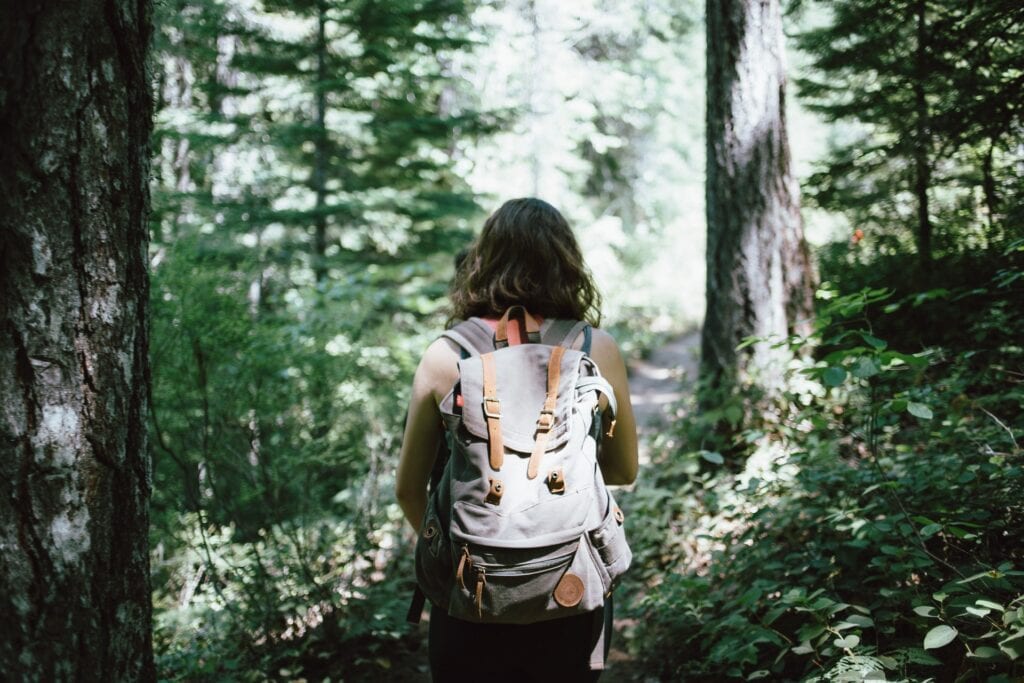
Again stronger! Cartilage cells are a kind of tiny balloons full of water that are pumped empty and full during walking, providing the much-needed gliding comfort and shock absorption between your joints. If you don’t get off your butt enough, the cells lose water and this layer becomes thinner by itself. Your knees, hips, but also the intervertebral discs in your back will then hurt, which only makes you less inclined to get up out of your lazy chair. If, on the other hand, you regularly go out, the cartilage will remain present in a nice thick layer. This allows you to walk on without a penny of pain.
Stronger Mind
Hiking is not only beneficial for your body, it also has a positive effect on your state of mind. In the treatment of depressed people, hiking is increasingly prescribed as an alternative or complement to traditional treatments and medications. Why is it being prescribed? One of the reasons is that less blood goes to the subgenital prefrontal cortex while walking, the National Academy of Sciences concluded. This area of the cerebral cortex regulates feelings of melancholy, stress, worry, and sadness.
According to various studies, this effect only becomes clearer when you hike between lush forests, impressive mountain peaks or other nature. In fact, last year’s research by the University of Innsbruck showed that subjects who hiked for three hours in nature were more inclined to put their condition to the test than if they were put on a treadmill for three hours. Remarkably enough, they indicated afterward that they were less tired on the outdoor hike. In other words: when hiking in nature, people seem to automatically step up a gear, while strangely enough, this costs them less energy.
More Alert
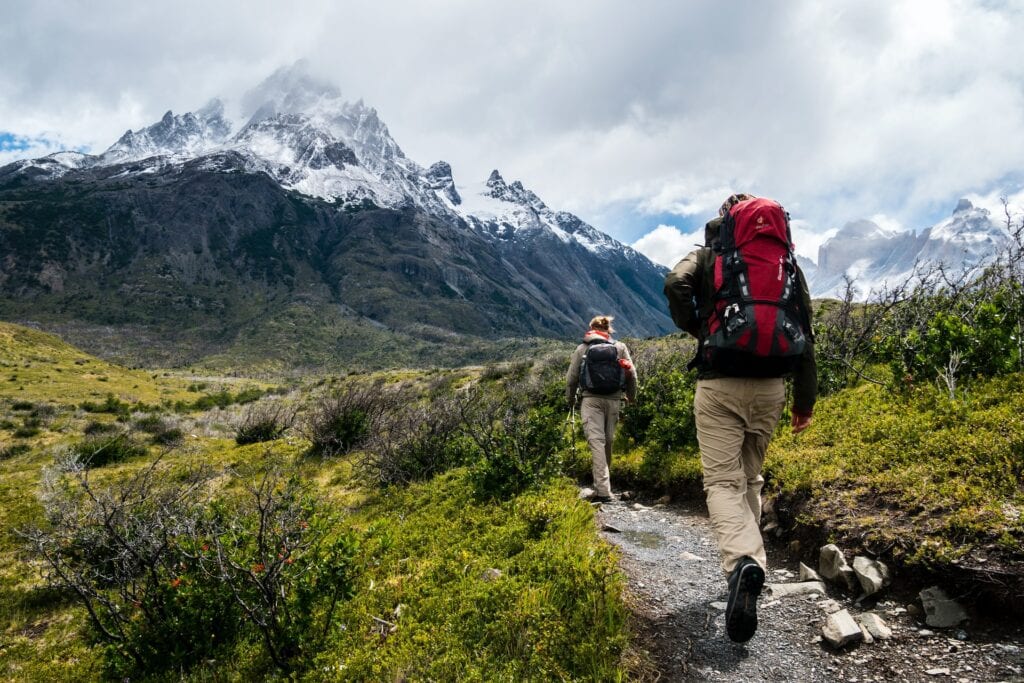
Have a look outside at a large office and chances are that a bunch of meeting walkers will be passing by in a hurry. It’s not surprising that more and more companies are waving goodbye to the meeting room. The well-known neuropsychologist Erik Scherder recently broke a lance for walking because it also makes for a more creative, alert and productive brain. So don’t be surprised if, during your hiking vacation, you suddenly come up with the solution to that problem you’ve been moping about at home for weeks.
More Empathy
According to the same Scherder, hiking together also leads to more empathy. This has mainly to do with the fasciculus uncinatus, a connection between your frontal and temporal lobes. You use it to navigate, but it also regulates your empathy. Consequence: during a hike, you are more empathic and therefore more inclined to forge a bond quickly.
Longer Life

As if these weren’t enough reasons to discover the world while hiking, American scientists from various institutes in Boston in the magazine PLOS Medicine came up with the ultimate push: just a little walk already has a big impact on your life expectancy. People who walk 75 minutes a week live an average of 1.8 years longer, according to a study among 650,000 volunteers. Jack that up to 150 minutes a week and the gain is on average as much as 3.4 years. More than enough time for another hiking trip. And another one and another one. Hippocrates would join you if he could.
